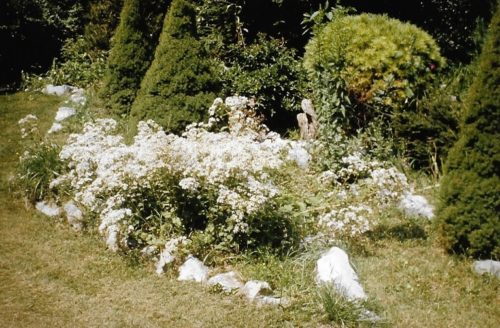The problems with problematic beliefs – termed “cognitive distortions” in cognitive behavior therapy and “Stuck Points” in cognitive processing therapy – are:
- The reality I experience is filtered through my beliefs. What I experience can be partial and distorted.
- What I believe influences what I feel and how intensely I feel it.
- When a belief comes to mind, the next thought is more influenced by my belief than by reality.
- When a belief comes to mind, the sentence I say next to myself is more likely to be born of that belief rather than from the facts of the situation.
- When I am holding a belief in my mind, the sentence I say next to someone else may be more influenced by my belief than by facts.
 Holding problematic beliefs can result in these problematic actions and states:
Holding problematic beliefs can result in these problematic actions and states:
- Self-criticism: Low self-esteem and self-devaluation as expressed in the tendency to criticize or devalue myself.
- Self-blame: Extent to which I blame myself for negative, unwanted events in my life, including events outside my control.
- Helplessness: Perception of being unable to control important aspects of my life.
- Hopelessness: Extent to which I believe that the future is bleak and that I am destined to fail.
- Preoccupation with danger: Tendency to view the world, especially the interpersonal domain, as a dangerous place.
(Adapted from Cognitive Distortion Scales by John Briere, Ph.D.)
Therefore, problematic beliefs cause problems with:
- how I feel right now
- what I’m able to think about right now
- what I choose to say or do next
- how I interact with others
Obviously, the solution to having problematic beliefs is simply taking a look at my beliefs and pulling the problematic ones like so many weeds. However, problems arise when I begin to examine my beliefs.
I use beliefs to try to keep order in my world. Beliefs are how I’ve organized what’s happened to me and what I’ve learned so I know where to go and what to do. I’ve used beliefs like rock-solid facts to line the paths in my garden. If I bend down to take a closer look and see weeds rather than rocks, I feel wild. I fear tumbling end over end into unlined chaos. And I feel ashamed. I think, “I believed I was right about that! But I’ve discovered I’m wrong!” Fear and shame are terribly distressing feelings. No wonder I stand back up and avoid looking at the edges of the path again.
But holding problematic beliefs causes me suffering and causes suffering to those I love. But looking for problematic beliefs causes me suffering. What a double bind! Suffering everywhere I turn! I feel trapped by suffering!
I believe I must do something, anything, to end this suffering right now! I believe I cannot take this!
Oh, my. Those are statements of problematic beliefs. The reality is that I actually can set myself up to do this task of weeding in kind, skillful, efficient ways so I suffer as little as possible as briefly as possible. It won’t be pain-free, granted, but I can learn skills, I can surround myself with support, and I can get this done.
And good enough will do. I just need to clear some of the biggest problematic beliefs (“I am to blame for what happened because I am bad and wrong” is a common problematic belief ready for the mulch pile).
Newly aware of what’s really going on with me, I can then shape new paths based on my values and priorities. I have the freedom that awareness gives me.
Anne Giles, M.A., M.S., L.P.C., is a counselor in private practice in Blacksburg, Virginia. She is a rostered provider of Cognitive Processing Therapy for PTSD.
The views expressed are mine alone and do not necessarily reflect the positions of my colleagues, clients, family members, or friends. This content is for informational purposes only and is not a substitute for medical or professional advice. Consult a qualified health care professional for personalized medical and professional advice.

